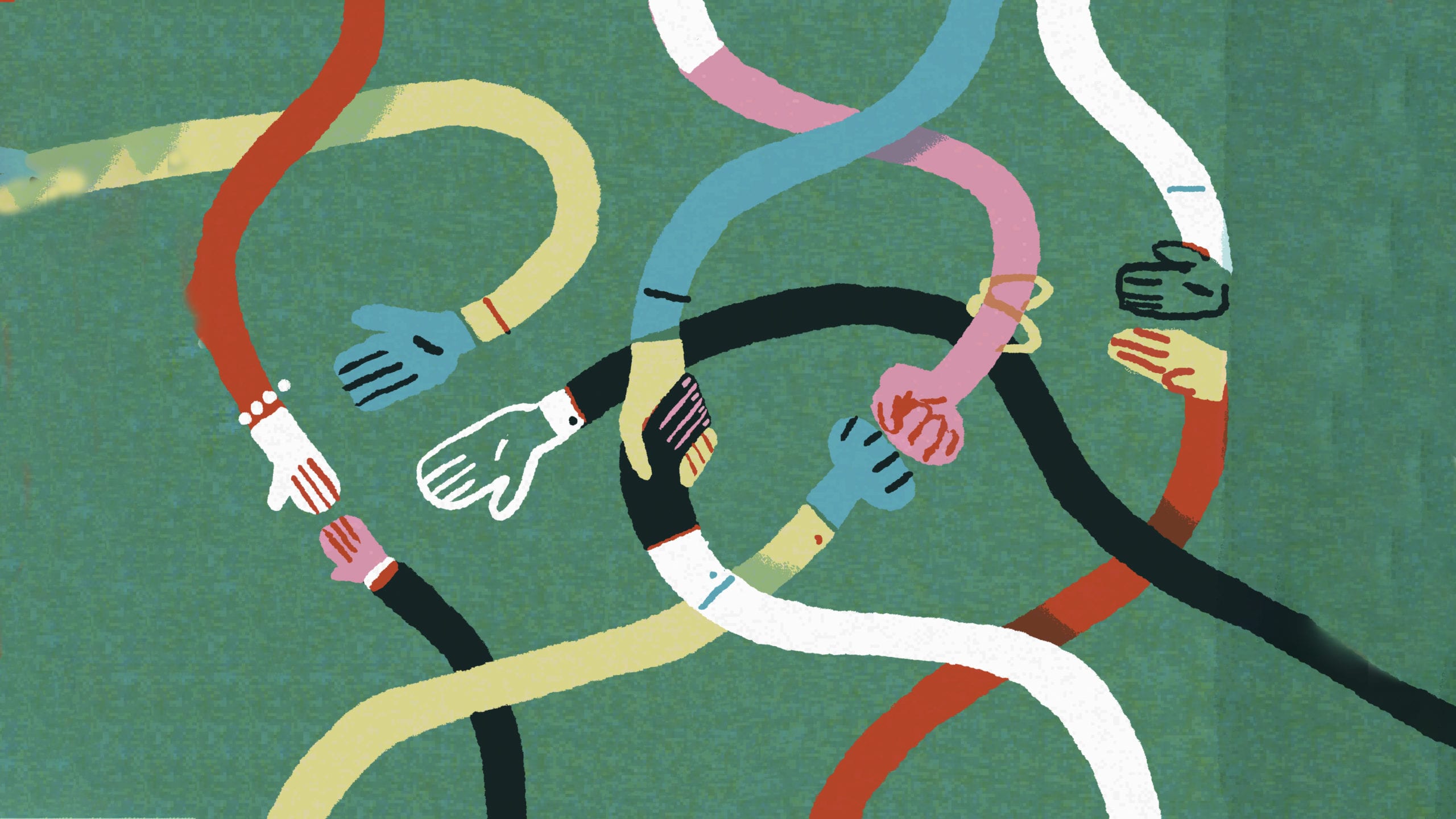Want to build a stronger brand? The first thing you need to do is win over your customers. Look beyond the bottom line and speak to their hearts. Embrace consumer empathy now and be rewarded later. Procter & Gamble CEO A.G. Lafley explains in this Big Think+ preview clip. Learn more at Big Think+.
A.G. Lafley: I believe everything starts with a deep understanding of who the customer is, what he or she wants and needs and then trying to give it to them. What experience does she want? What relationship does she want? How is she going decide whether we’re a good value? How is she going decide whether to try us and after she uses us whether to buy us on a regular basis?
Win the consumer’s moments of truth
We used to talk a lot about winning the consumer moments of truth. We wanted you to have a good purchasing experience. We wanted you to have a good usage experience. We wanted you to have a good after usage experience. And ultimately we were looking for loyal consumers who promoted our brands to their family, their friends, you know, people in the neighborhood. Okay, that was our whole business model.
Speak to the heart
One of the P&G advertising campaigns that I think strikes a very human cord is the one that they did for the Olympics. Their whole program was about sponsoring moms and the relationships that the moms had with their daughters and sons and the sacrifices that they made to get the kids to practice, you know, to help them be successful. It worked in Russia. It worked in Brazil. It worked in China. It worked in India. It worked in Canada and the U.S. So, again it touched people’s hearts and they responded.
Frankly in my view there were a lot of pretty unsuccessful commercials. And the reason they were unsuccessful is they really didn’t have a customer or a consumer in mind. You know, I don’t feel like they put the consumer first. I don’t feel like they made a clear promise to that consumer. I don’t feel like they created a relationship with that consumer or had a dialog with that consumer
Look beyond the bottom line
When you’re embarked on a new strategy you’re obviously focusing on short-term wins but there are different kinds of wins. Are the right customers trying your new product or service? If they’re trying it when they use it do they have a good experience, okay? Does it satisfy? Does it meet or exceed their expectation? Do they think it’s a good value? So you’re always looking at very short-term indicators or measures of the success of your new strategy. But those indicators are not quarterly financial results.
My job as CEO was to help enable all of our people who managed the brands and the categories to serve their customers better. So I was trying to help them sort through the choices in their strategies, try to get them the capabilities that they needed.
You know, I guarantee you if we won with consumers – if we won with consumers and consumers loved our brand and product line, the financial results would come eventually. Always did.




